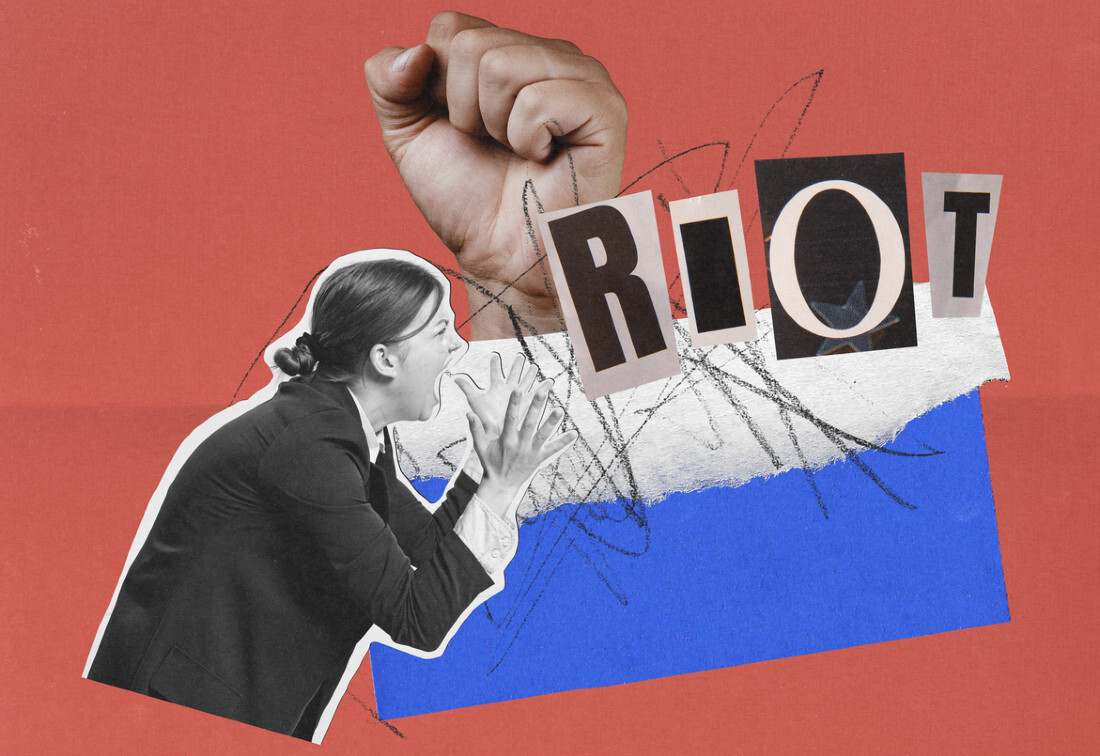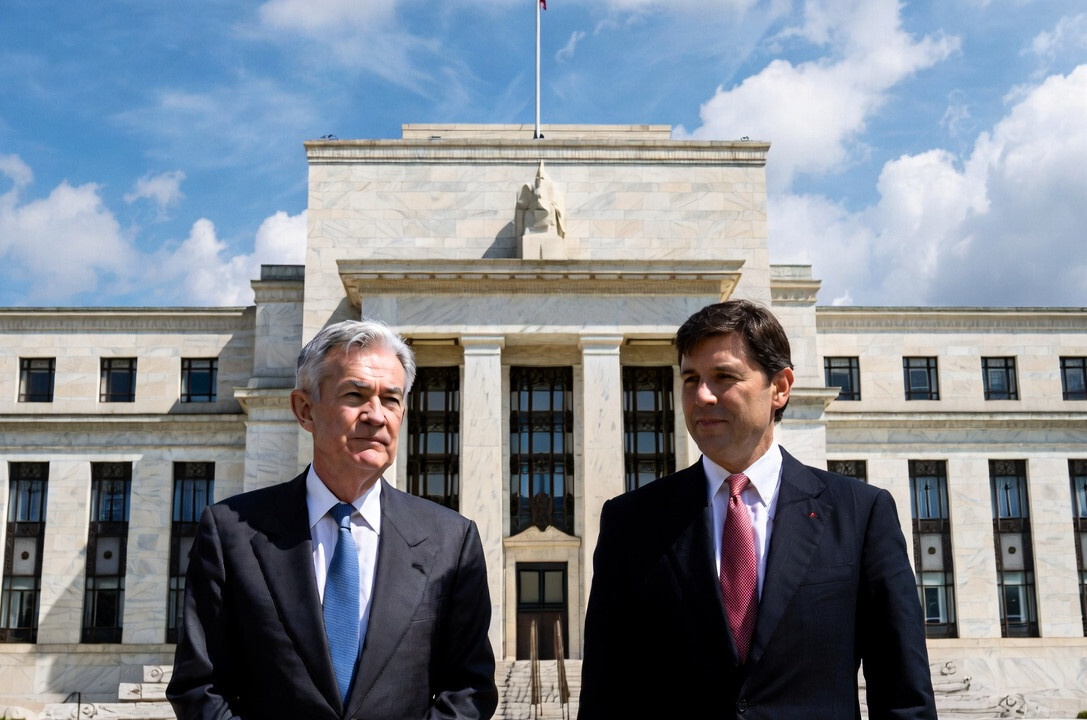Si discute molto se i mercati finanziari siano razionali o meno. Se non lo fossero, avrebbe senso l’intervento pubblico – si afferma. La crisi ha mostrato che non sono in grado di nulla prevedere e perciò tanto vale regolarli. Nella discussione si mescolano considerazioni scientifiche con preferenze politiche. Sull’argomento si scrive a profusione. Abbiamo trovato una «perla» che segnaliamo (1) e commentiamo.
Il commento
Si ammetta in partenza che i mercati finanziari non siano interamente razionali – ossia in grado di formare dei prezzi che scontino tutte le conoscenze a disposizione. Questo però non implica che i politici siano in grado di farlo. I mercati, poi, non sono tanto irrazionali quanto ignoranti, nel senso che, come tutti gli umani, inclusi i politici, non conoscono il futuro. Infine, i mercati finanziari forse non scontano – come vorrebbero i manuali – i flussi attesi di reddito con i rendimenti attesi dei titoli di stato. Forse fanno un’operazione diversa, distribuiscono le probabilità nei diversi contesti: consci della propria ignoranza sul futuro, si comportano scontando «stati di normalità» e «stati catastrofici».
Tutto questo non implica che non si debbano riformare i mercati finanziari per evitare di avere in futuro altre gravi crisi, tali da richiedere l’intervento pubblico. Si afferma che non si ha un meccanismo migliore, se guidato dai politici. Insomma, si decidano le regole e poi il mercato ignorante farà il suo lavoro. Il lavoro del mercato è quello di «scoprire le informazioni». Laddove – in assenza di Verità Rivelate – si procede a tentoni.
L’originale
The case for government not intervening heavily in financial markets does not rest upon the view that individuals are “always entirely rational.” Instead, it rests on the problem that policy-makers are no more able to spot irrationality and bubbles than are market participants. As Alan Greenspan famously asked: "how do we know when irrational exuberance has unduly escalated asset values"? And, indeed, he spent much of the next 10 years showing just how tricky the question is. It omits a crucial distinction. Markets can go wrong not (just) because people are irrational, but because they have limited knowledge. In particular, knowledge of the future –which is the key to pricing any asset– is, as Keynes said, “usually very slight and often negligible.” But it is slight and negligible for governments too. There’s a category error here. Prices of financial assets are better regarded not as the discounted present value of future cash flows but as state-contingent securities. But from this perspective, there’s no such thing as “intrinsic value.” Yes, with hindsight, it might look as if markets got it wrong. But this is no proof of irrationality. For example, were share prices low a year ago because markets had irrationally over-reacted? Or were they low because they were pricing in a (small?) probability of a disaster which might, but didn’t, occur?.
Si ammetta in partenza che i mercati finanziari non siano interamente razionali – ossia in grado di formare dei prezzi che scontino tutte le conoscenze a disposizione. Questo però non implica che i politici siano in grado di farlo. I mercati, poi, non sono tanto irrazionali quanto ignoranti, nel senso che, come tutti gli umani, inclusi i politici, non conoscono il futuro. Infine, i mercati finanziari forse non scontano – come vorrebbero i manuali – i flussi attesi di reddito con i rendimenti attesi dei titoli di stato. Forse fanno un’operazione diversa, distribuiscono le probabilità nei diversi contesti: consci della propria ignoranza sul futuro, si comportano scontando «stati di normalità» e «stati catastrofici».
Tutto questo non implica che non si debbano riformare i mercati finanziari per evitare di avere in futuro altre gravi crisi, tali da richiedere l’intervento pubblico. Si afferma che non si ha un meccanismo migliore, se guidato dai politici. Insomma, si decidano le regole e poi il mercato ignorante farà il suo lavoro. Il lavoro del mercato è quello di «scoprire le informazioni». Laddove – in assenza di Verità Rivelate – si procede a tentoni.
L’originale
The case for government not intervening heavily in financial markets does not rest upon the view that individuals are “always entirely rational.” Instead, it rests on the problem that policy-makers are no more able to spot irrationality and bubbles than are market participants. As Alan Greenspan famously asked: "how do we know when irrational exuberance has unduly escalated asset values"? And, indeed, he spent much of the next 10 years showing just how tricky the question is. It omits a crucial distinction. Markets can go wrong not (just) because people are irrational, but because they have limited knowledge. In particular, knowledge of the future –which is the key to pricing any asset– is, as Keynes said, “usually very slight and often negligible.” But it is slight and negligible for governments too. There’s a category error here. Prices of financial assets are better regarded not as the discounted present value of future cash flows but as state-contingent securities. But from this perspective, there’s no such thing as “intrinsic value.” Yes, with hindsight, it might look as if markets got it wrong. But this is no proof of irrationality. For example, were share prices low a year ago because markets had irrationally over-reacted? Or were they low because they were pricing in a (small?) probability of a disaster which might, but didn’t, occur?.
(1) http://stumblingandmumbling.typepad.com/stumbling_and_mumbling/
Sul significato di state-contingent si veda:
http://www.centroeinaudi.it/commenti/lirresistibile-ascesa-della-borsa.html
© Riproduzione riservata











